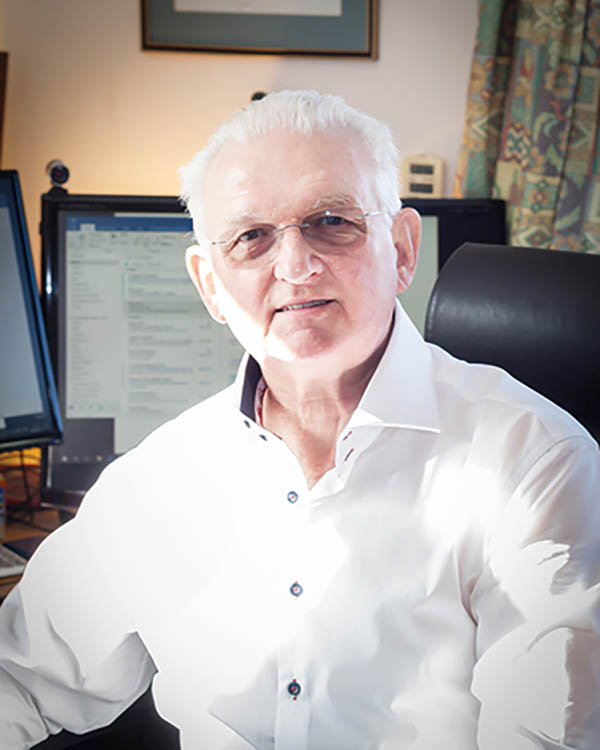 By Chris Makin chartered accountant, accredited civil mediator and accredited expert determiner
By Chris Makin chartered accountant, accredited civil mediator and accredited expert determiner
You may have seen my article last December, and many similar from other mediators, with the title Have the Floodgates Finally Opened? We rejoiced at the case of Churchill v Merthyr Tydfil County Borough Council [2023] EWCA Civ 1416 when, at long last, the Court of Appeal overturned Halsey v Milton Keynes General NHS Trust [2004] EWCA Civ 576 where Dyson LJ had said: “…to oblige truly unwilling parties to refer their disputes to mediation would be to impose an unacceptable obstruction to their right of access to the court.” He said that this would offend Article 6 of the European Convention on Human Rights, which establishes the right to a fair trial.
Well, now there isn’t an obstruction. Sir Geoffrey Vos, Master of the Rolls, decided that a judge can now insist that the parties go to mediation before being allowed a hearing. So all those years where judges imposed costs orders, made pointed remarks from the bench and kept parties waiting for many months, are over. Yippee! Parties can be helped by a friendly mediator, promptly and at modest cost, and have their own solution to their dispute. Wonderful!
Yet the bad news continues. We recently read of an elderly lady called Christel Naish, in dispute with married doctors next door, over a tap and a pipe which hung a couple of inches – a couple of inches – over the adjoining property. Legal costs to date? £280,000. And there’s to be an appeal. What a waste!
But I have lots of examples where I have mediated boundary disputes, where at least the parties had the good sense to mediate – yet if settlement isn’t achieved they can spend good money on legal fees. Let me tell you about one of them.
Along a street in a local town was a row of between-the-wars semi detached houses. Two such shared an unmade drive. On one side, the householder smartened up his house with a kitchen extension which went right up to what may have been the border. He finished the job by laying paviours right up to where he thought was his share of the joint drive. And we can’t rely on a Land Registry plan to decide the exact position of the border; if we scale up the red line on the plan it will be about three feet wide!
So Makin goes along as mediator, has a good chat with everyone (in their separate homes; no fraternising!) and, bit by bit, we make progress and there is agreement on where the boundary is. Better still, paviours man agrees to pull back a row of paviours which encroached on what was now next door’s property. All good news.
We even reached agreement where next door allowed paviour man to go onto their side of the border to fix the gutters on the kitchen extension; that hadn’t been possible because the chap next door had not allowed access.
Then we came to the sticking point. When the shared drive had been undeveloped, next door had erected a gatepost so that he could close off his back garden. The trouble was, that now we had defined and agreed the border, that gatepost was on paviour man’s property. And would this chap agree to move his gatepost now that it didn’t serve any purpose? We agreed to meet another day, and lawyers attended, but gatepost man would not budge.
I asked both lawyers for their estimate of future legal costs if the case went to court, and they both said £100,000. So, on top of what had already been spent, the losing party at trial would have to pay their own costs of £100,000 and then, allowing for say 30% ‘taxed off’, another £70,000. Madness! And what was worse, £170,000 was more than the equity either party had in their own home; in fact, even ignoring mortgages, the houses were not worth much more.
So after two days of negotiation, the first day very satisfying, we were left with the parties going to court – and the loser probably having to sell their home.
That isn’t far from where we came in with Christel Naish.
So is there a floodgate of mediations keeping people like me busy? Well, I haven’t seen much difference yet. Fortunately, mediation isn’t my day job, though I will always drop everything for a mediation because it’s so satisfying.
But my main job is as a forensic accountant and expert witness, and in that I am truly bursting with work. That’s on a vast range of cases; everybody wants to go to court. Why? I make a very good living as a forensic accountant, but I would much rather work less hard, for far less money, helping people settle their own disputes through mediation.
When, oh when, will those floodgates finally open?